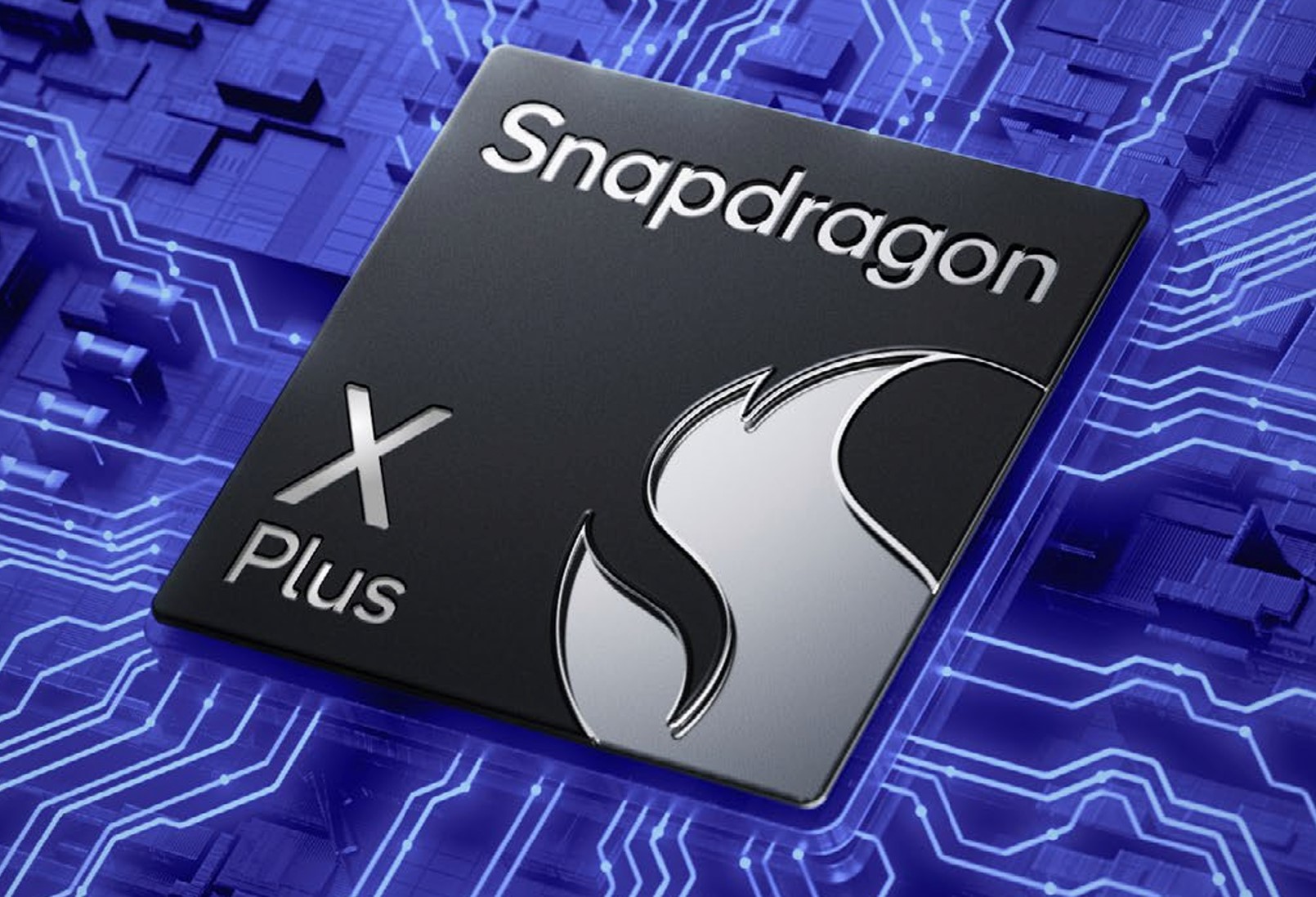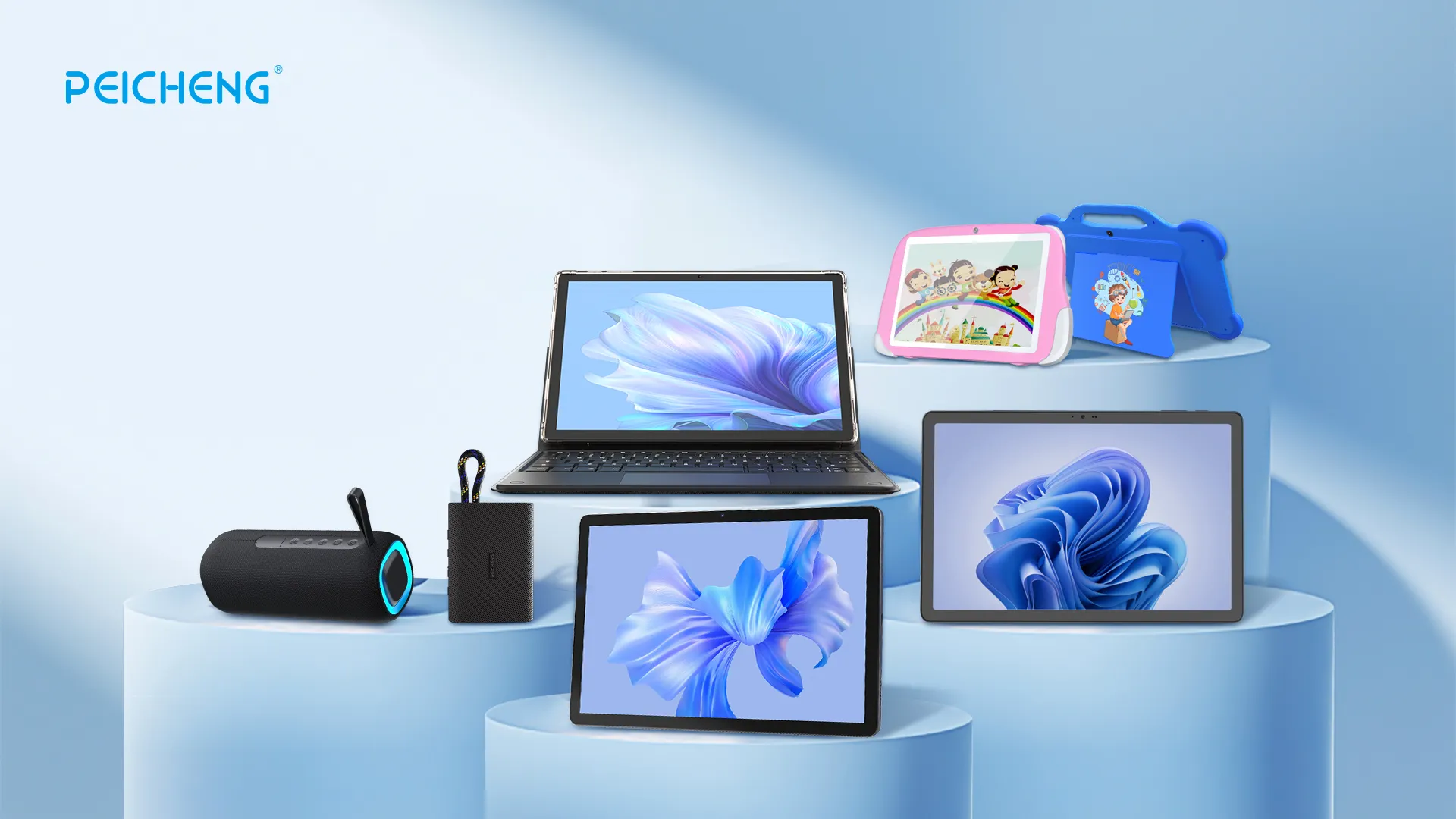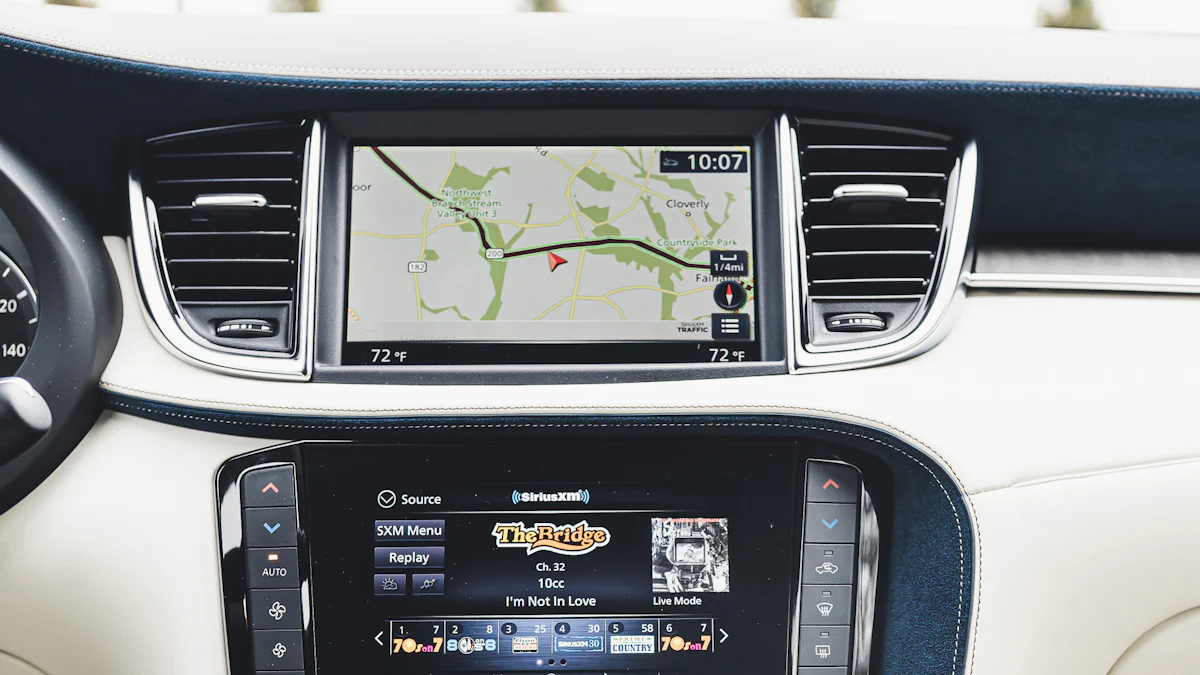- Explore
- Blog
- Exynos 1380 vs Snapdragon 870 Performance Showdown
Exynos 1380 vs Snapdragon 870 Performance Showdown
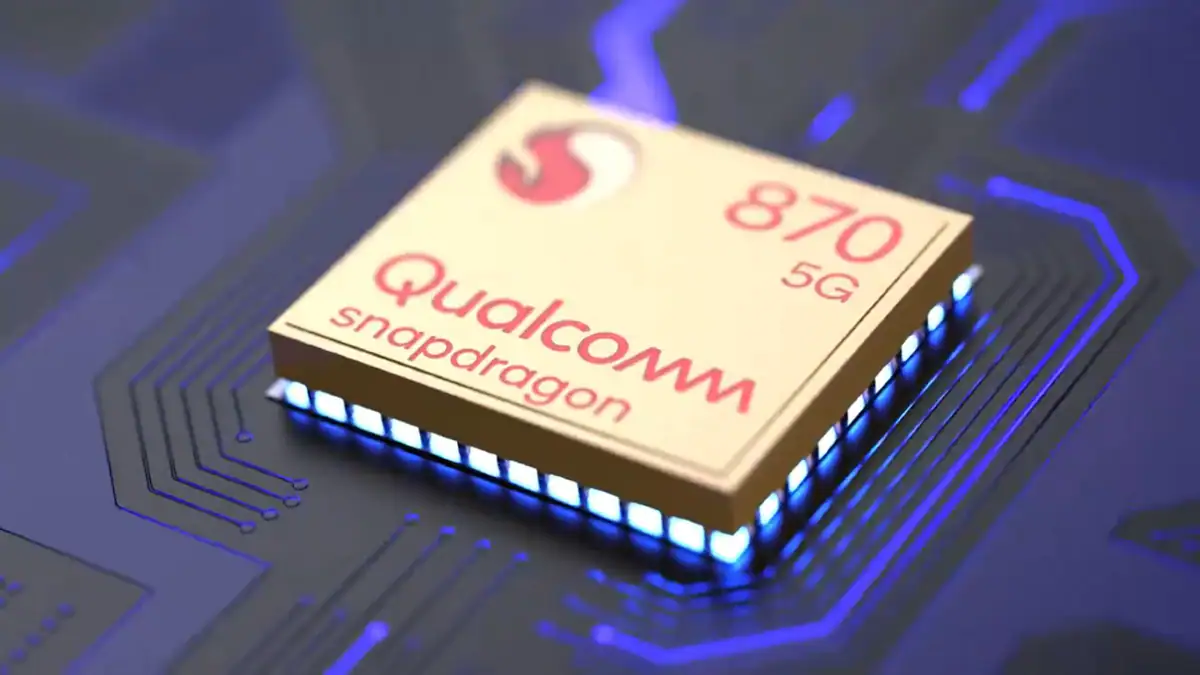

In today's mobile world, processor performance plays a crucial role in determining your device's efficiency and speed. The Exynos 1380 and Qualcomm Snapdragon 870 stand out as two leading processors, each offering unique strengths. The Samsung Exynos 1380 excels in non-gaming tasks, while the Snapdragon 870 shines with its higher GHz clock speed and superior graphics performance. The Exynos 1380 vs Snapdragon 870 showdown reveals that the Qualcomm Snapdragon is faster by 60.22% in benchmark tests. With GHz ARM architecture and Kryo cores, the Snapdragon offers impressive CPU capabilities. Meanwhile, the Exynos features a modern 5nm process, enhancing its efficiency.
CPU Performance
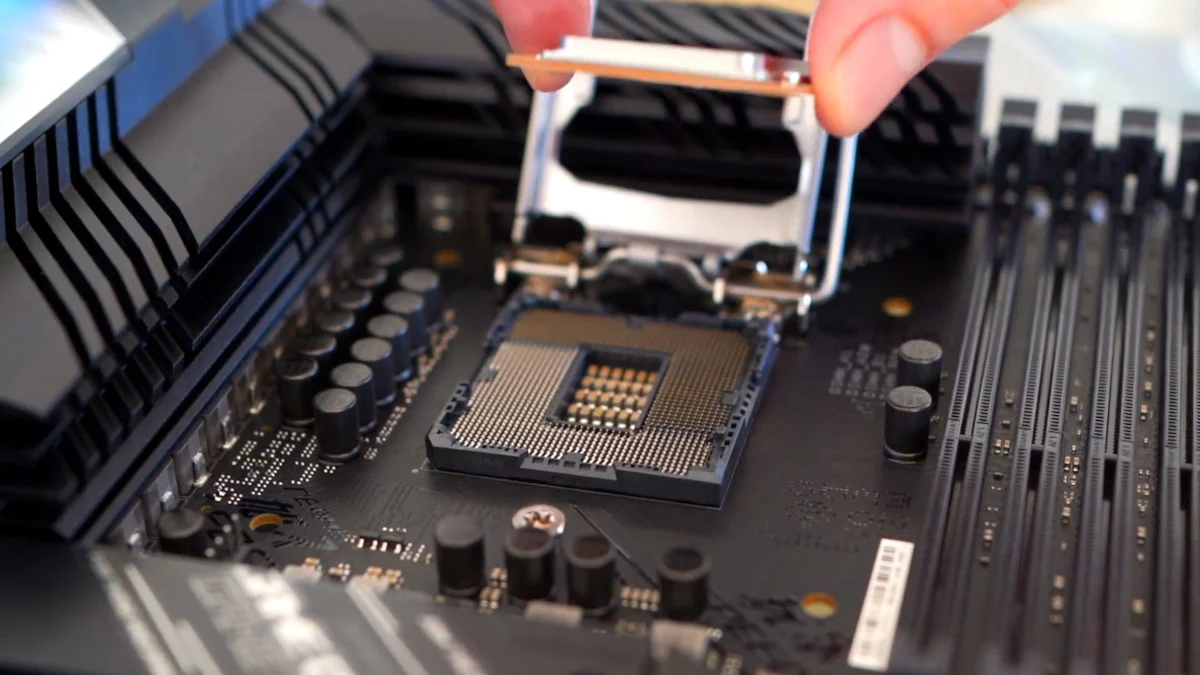
Architecture and Core Configuration
Exynos 1380 Core Details
The Samsung Exynos 1380 features an advanced architecture designed to enhance your mobile experience. It operates with 8 cores, each clocked at 2.4 GHz. This configuration includes a combination of high-performance and efficiency cores, which ensures that your device can handle both demanding tasks and everyday activities with ease. The Exynos utilizes the ARM architecture, which is known for its power efficiency and performance balance.
Snapdragon 870 Core Details
In contrast, the Qualcomm Snapdragon 870 also boasts an 8-core setup but with a higher clock speed of 3.2 GHz. This GHz ARM architecture includes Kryo cores, which are optimized for high-speed processing. The Snapdragon excels in delivering superior performance, especially in tasks that require intensive processing power. This makes it a preferred choice for users who prioritize speed and efficiency in their devices.
Clock Speed and Efficiency
Exynos 1380 Clock Speed
The Samsung Exynos 1380 operates at a clock speed of 2.4 GHz. This speed is sufficient for most non-gaming tasks, providing a smooth and efficient user experience. The Exynos processor's design focuses on balancing performance with power consumption, ensuring that your device remains responsive without draining the battery quickly.
Snapdragon 870 Clock Speed
On the other hand, the Qualcomm Snapdragon 870 runs at a higher clock speed of 3.2 GHz. This increase in GHz allows the Snapdragon to perform exceptionally well in tasks that demand high processing power. The Snapdragon processor's efficiency ensures that you can enjoy fast performance without compromising on battery life, making it ideal for power users.
Benchmark Scores
Exynos 1380 Benchmarks
In benchmark tests, the Samsung Exynos 1380 demonstrates impressive capabilities. It achieves a score of 818K in AnTuTu 10, showcasing its ability to handle various tasks efficiently. This score reflects the Exynos processor's strength in non-gaming applications, where it excels in delivering a seamless user experience.
Snapdragon 870 Benchmarks
The Qualcomm Snapdragon 870, however, surpasses the Exynos in benchmark performance. With a score of 595K, the Snapdragon processor proves its prowess in handling demanding applications and games. This performance advantage highlights the Pros of Qualcomm Snapdragon, making it a top choice for users who seek high-speed processing and superior graphics capabilities.
GPU Performance

Graphics Processing Capabilities
Exynos 1380 GPU Features
The Samsung Exynos 1380 comes equipped with the Mali-G68 MP5 GPU, which operates at a frequency of 950 MHz. This GPU is designed to handle a variety of tasks, providing you with a smooth experience in graphics-intensive applications. The Exynos excels in non-gaming tasks, offering efficient performance for everyday use. Its architecture focuses on balancing power consumption and performance, ensuring that your device remains responsive without excessive battery drain.
Snapdragon 870 GPU Features
On the other hand, the Qualcomm Snapdragon 870 features the Adreno 650 GPU, which significantly enhances its graphics processing capabilities. This GPU operates at a higher frequency, allowing it to deliver superior performance in demanding applications. The Snapdragon excels in gaming and graphics-intensive tasks, making it a preferred choice for users who prioritize high-quality visuals and fast rendering speeds. The Qualcomm Adreno technology ensures that you enjoy a seamless gaming experience with minimal lag.
Gaming Performance
Exynos 1380 Gaming Benchmarks
In gaming benchmarks, the Samsung Exynos 1380 demonstrates solid performance, although it may not match the high scores of its competitor. It provides a satisfactory gaming performance for most casual games, ensuring smooth gameplay without significant frame drops. The Exynos processor's focus on efficiency means that you can enjoy extended gaming sessions without worrying about overheating or excessive battery consumption.
Snapdragon 870 Gaming Benchmarks
The Qualcomm Snapdragon 870 shines in gaming benchmarks, outperforming the Exynos by a considerable margin. It achieves a score of 4265 points in the 3DMark test, which is 90.83% higher than the Exynos 1380. This performance advantage highlights the Pros of Qualcomm Snapdragon, making it an excellent choice for gamers who demand high-speed processing and superior graphics capabilities. The Snapdragon ensures that you experience immersive gameplay with stunning visuals and fast response times.
Memory and Storage
RAM Support and Speed
Exynos 1380 RAM Specifications
The Samsung Exynos 1380 offers robust RAM support, ensuring your device runs smoothly even with multiple applications open. It supports LPDDR4X RAM, which provides a balance between speed and power efficiency. This configuration allows you to enjoy a seamless experience when switching between tasks. The Exynos processor's architecture optimizes RAM usage, ensuring that your device remains responsive and efficient.
Snapdragon 870 RAM Specifications
In contrast, the Qualcomm Snapdragon 870 supports LPDDR5 RAM, which offers faster data transfer rates compared to its predecessor. This enhancement ensures that your device can handle more demanding applications with ease. The Snapdragon processor's Kryo cores work in tandem with the RAM to deliver high-speed performance, making it ideal for users who require quick access to data and applications.
Storage Options and Speed
Exynos 1380 Storage Capabilities
The Samsung Exynos 1380 provides versatile storage options, supporting UFS 2.2 technology. This technology enhances data transfer speeds, allowing you to store and retrieve files quickly. With this capability, you can enjoy faster app loading times and smoother multimedia playback. The Exynos processor's design ensures that your storage needs are met without compromising on speed or efficiency.
Snapdragon 870 Storage Capabilities
The Qualcomm Snapdragon 870 takes storage performance to the next level with support for UFS 3.1 technology. This advancement offers significantly faster read and write speeds, ensuring that your device can handle large files and applications effortlessly. The Snapdragon processor's integration with UFS 3.1 technology provides a noticeable improvement in overall device performance, making it a preferred choice for users who demand high-speed data access.
Connectivity Features
Network Support
Exynos 1380 Network Capabilities
When it comes to network support, the Samsung Exynos 1380 offers robust capabilities. It supports 5G connectivity, ensuring you experience fast internet speeds and reliable connections. The Exynos modem provides download speeds of up to 3790 Mbps, which allows you to stream videos, download large files, and browse the web without interruptions. This processor ensures that your device stays connected in various network environments, providing a seamless mobile experience.
Snapdragon 870 Network Capabilities
In the exynos 1380 vs snapdragon 870 network showdown, the Qualcomm Snapdragon 870 takes the lead with its advanced Snapdragon X55 modem. This modem supports 5G connectivity with download speeds reaching up to 7500 Mbps. Such speeds enable you to enjoy ultra-fast internet access, making it ideal for streaming high-definition content and engaging in online gaming. The Snapdragon processor's network capabilities ensure that you remain connected with minimal latency, enhancing your overall mobile experience.
Additional Connectivity Options
Exynos 1380 Connectivity Features
The Samsung Exynos 1380 provides a range of additional connectivity options to enhance your device's functionality. It supports Wi-Fi 6, offering improved speed and efficiency compared to previous standards. Bluetooth 5.2 is also included, allowing you to connect to a variety of wireless devices with ease. These features ensure that your device remains versatile and capable of handling various connectivity needs, whether you're at home or on the go.
Snapdragon 870 Connectivity Features
The Qualcomm Snapdragon 870 excels in offering comprehensive connectivity features. It supports Wi-Fi 6E, which provides even faster speeds and lower latency than Wi-Fi 6. This makes it perfect for environments with multiple connected devices. Additionally, Bluetooth 5.2 ensures seamless connections to peripherals like headphones and smartwatches. The Snapdragon processor's connectivity options make it a top choice for users who demand high-speed and reliable connections in their devices.
User Reviews and Real-World Performance
User Feedback on Exynos 1380
Performance in Daily Use
When you use the Samsung Exynos 1380 in your daily activities, you will notice its efficiency in handling routine tasks. Users often praise its ability to manage multiple applications without lag. The 2.4 GHz ARM architecture ensures that your device remains responsive, even when switching between apps. The Exynos 1380 excels in non-gaming tasks, providing a smooth experience for browsing, social media, and streaming. Its 8-core CPU configuration, with a mix of high-performance and efficiency cores, allows you to enjoy a balanced performance throughout the day.
Battery Efficiency
Battery efficiency is a significant advantage of the Samsung Exynos 1380. Users report that their devices last longer on a single charge, thanks to the processor's power-efficient design. The 5nm manufacturing process contributes to reduced power consumption, allowing you to use your device for extended periods without frequent charging. This efficiency is particularly noticeable during non-gaming activities, where the Exynos 1380 maintains a balance between performance and battery life.
User Feedback on Snapdragon 870
Performance in Daily Use
The Qualcomm Snapdragon 870 impresses users with its high-speed performance in daily use. With a clock speed of 3.2 GHz, the Snapdragon 870 handles demanding tasks with ease. Users appreciate its ability to run intensive applications smoothly, thanks to the Kryo cores optimized for speed. The Qualcomm Snapdragon excels in tasks that require quick processing, making it a preferred choice for power users. Its 8-core configuration ensures that you experience minimal lag, even when multitasking.
Battery Efficiency
Despite its high performance, the Qualcomm Snapdragon 870 manages to maintain good battery efficiency. Users find that their devices offer a satisfactory battery life, even with heavy usage. The Snapdragon 870's 7nm process helps in balancing power consumption, ensuring that you can enjoy fast performance without draining the battery quickly. This efficiency makes the Snapdragon 870 suitable for users who need a reliable device for both work and entertainment.
In the showdown between the Exynos 1380 and Snapdragon 870, you find distinct strengths in each processor. The Exynos 1380, with its modern 5nm process, excels in non-gaming tasks and offers a higher GPU frequency of 950 MHz. It provides efficient performance for daily activities. On the other hand, the Snapdragon 870, with its 3.2 GHz ARM architecture and Kryo cores, delivers superior CPU capabilities and graphics performance with the Qualcomm Adreno 650 GPU. It achieves faster download speeds of up to 7500 Mbps, making it ideal for gaming and high-speed applications. For users prioritizing speed and graphics, the Snapdragon 870 stands out. However, if efficiency and balanced performance are your focus, the Exynos 1380 is a solid choice.







